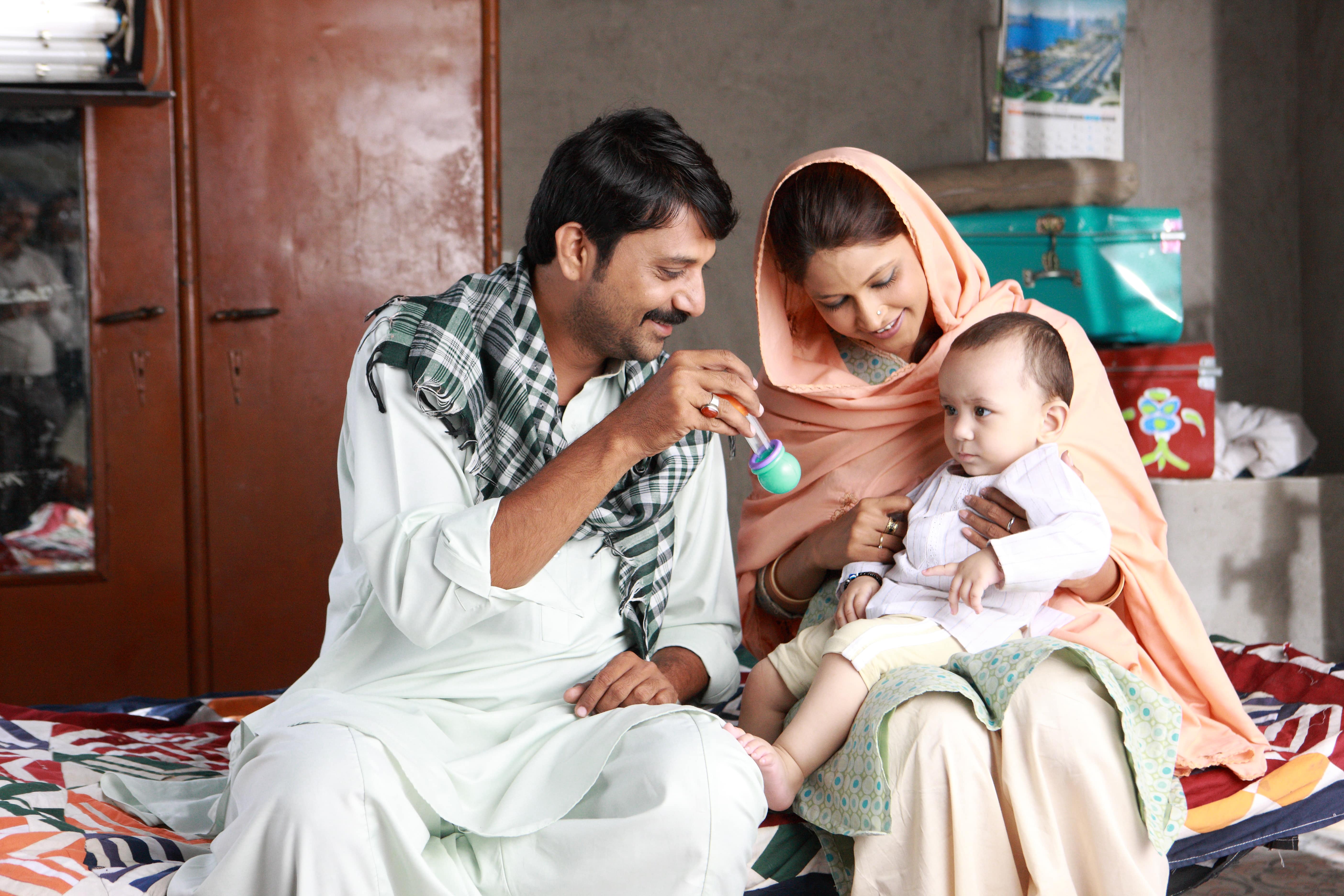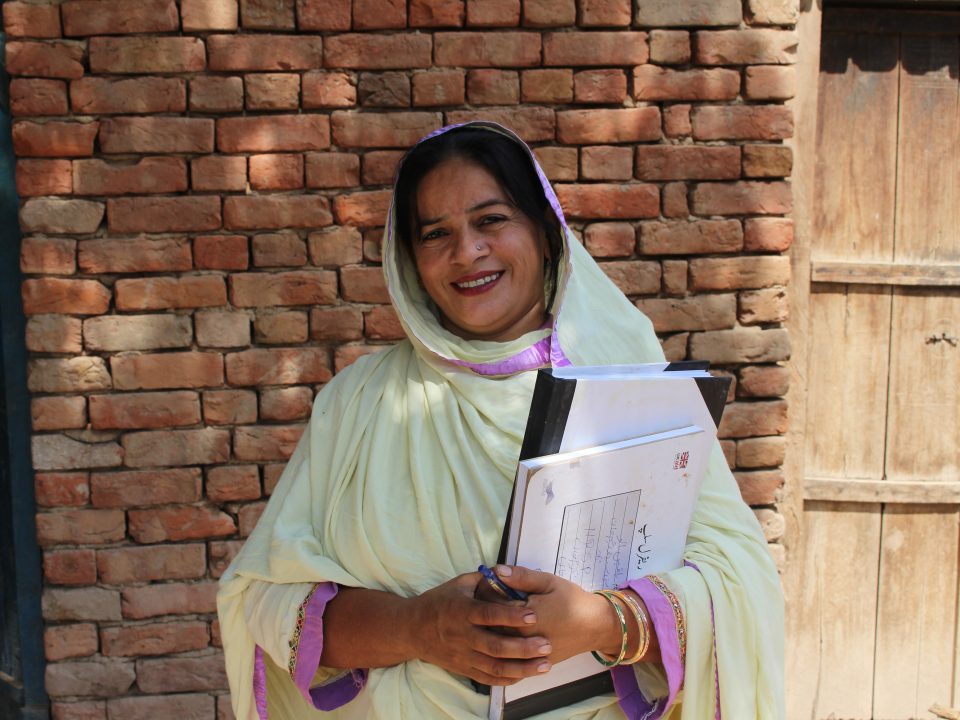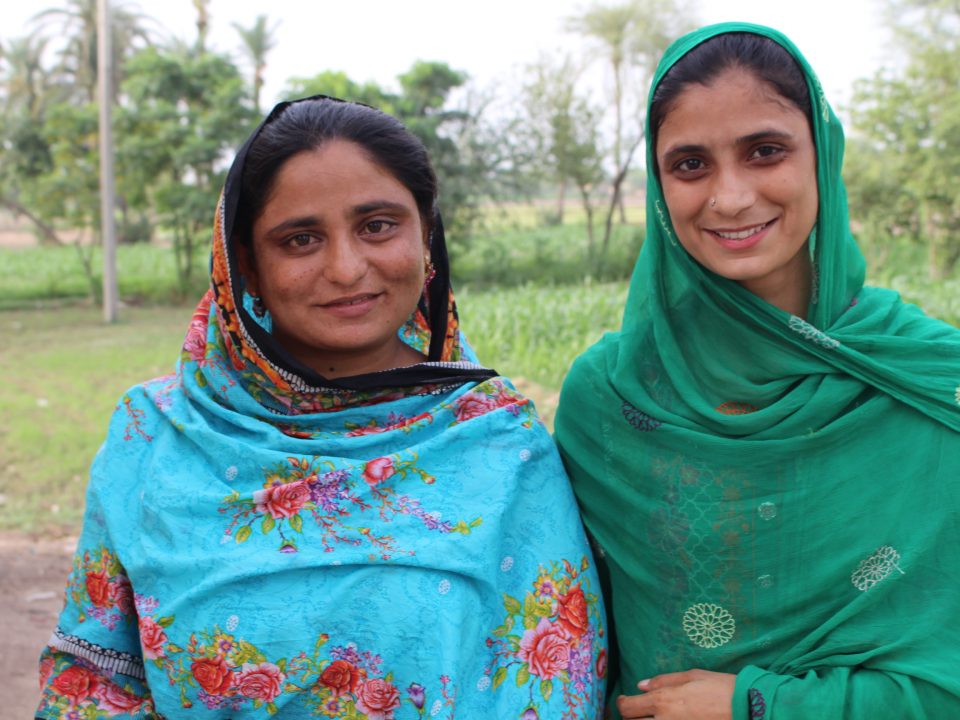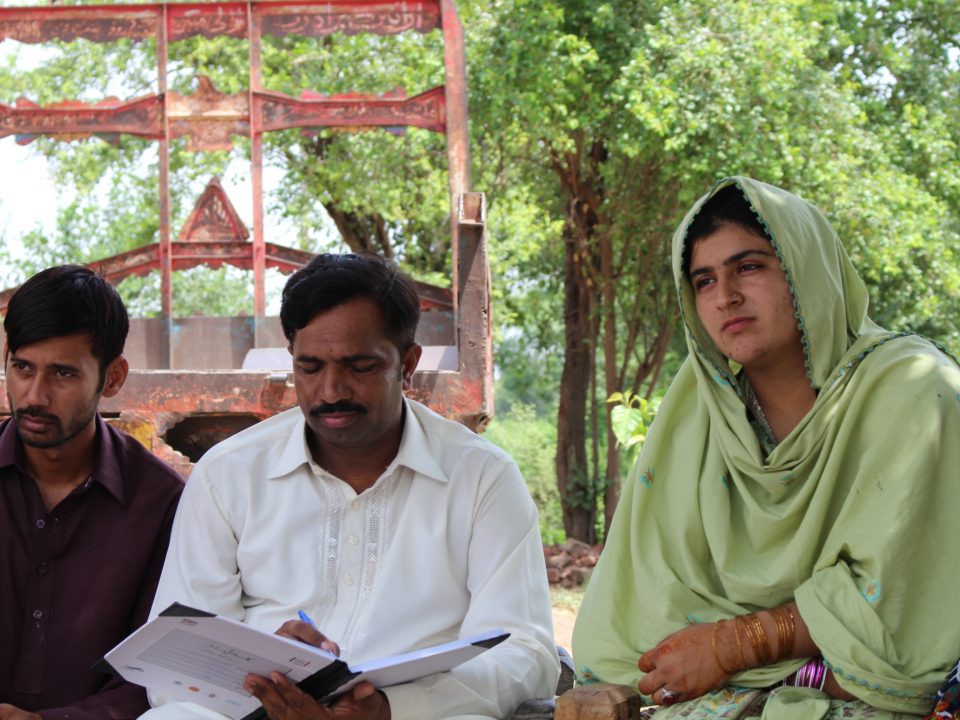
Make Space Hackathon 2.0
June 16, 2023“I have been using the family planning method since the past 19 months. Now, I am not only healthier and able to complete my all-household chores earlier, but most importantly, I can also nurture my children with undivided attention”, said Zuhra – a mother of two, residing in the village Daud Deo in UC Shahpanio, Taluka Mehar.
PROFILE OF THE LOCALITY
Village Daud Deo is known to consist of approximately 130 households and a total population of about 2,750 people belonging to different communities.
CHALLENGES ENCOUNTERED BY ZUHRA
SOCIETAL BARRIERS
In a rural region like this, a lack of motivation forms one of the barriers for women and their husbands to use contraceptives. This is because having
“Three months later, my husband told me that his mother, my mother-in- law, is demanding another child to increase our family size, as having more sons is considered a matter of pride in the area. Although I was not prepared for this, I did not want to make him angry, so I kept quiet. A year later, I gave birth to a baby girl. However, this time I was very sick and faced many complications. The infant was very weak and underweight.”
Given her deteriorating physical and mental health, Zuhra and her husband decided to space out their next pregnancy and discuss the matter with their families. This, however, was met with anger and resentment from her mother-in-law, who did not think the method was necessary.
PSI’S INTERVENTION AND SUCCESS
As part of the DAFPAK project, and through the HANDS team, PSI arranged awareness-raising sessions on the benefits of using family planning methods, specifically for the young and married girls in the local community. A Lady Health Visitor (LHV), with the support of a Marvi worker, conducted these sessions in the local language, Sindhi. Based on the information provided in these sessions, and with persuasion from the LHV, Zuhra was able to convince her in-laws of the harmful effects of an additional pregnancy and the impact it could have on her children.
Zuhra is now an active social worker in her community. She has been providing family planning services in her village and has a total of 65 clients who opted for IUCD, COC, or Depo Injections. As the primary breadwinner for her family, she is thankful to the PSI and HANDS team for their support and giving her a chance to work at a reputable designation of a Marvi Worker.
multiple sons is thought to bring great pride and heightened status within society. Another demotivator is the hassle of getting all family members into confidence for using contraceptive, especially the mothers-in-law. This results in families pressuring young married couples to produce as many male successors as possible. Therefore, family planning, which would space or limit the number of children, is not accepted and this social stigma often compromises the health of young women.
PERSONAL BARRIERS
After her marriage, Zuhra was very shy and could not express her feelings to her husband or in-laws. In keeping with the socially constructed
ideal of birthing baby boys for higher social status, Zuhra’s mother-in-law wanted a grandson as soon as possible. Eleven months after marrying her husband, and with assistance from a local mid-wife (Dai), Zuhra gave birth to a baby boy despite some complications in her pregnancy and delivery. She soon recovered and felt happy and blessed, as did her in-laws.




